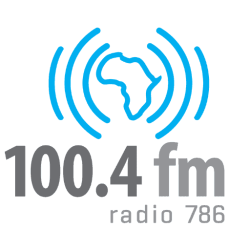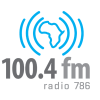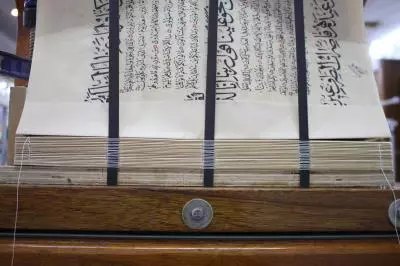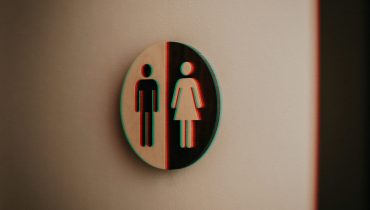The art of Quran restoration is experiencing a boost in Libya, as the country no longer prints Islam’s holiest book.
One of Libya’s best known Quran restorers, Khaled al-Drebi, notes that the purchase of new Quran’s normally increases before the month of Ramadan, but this is becoming too costly for Libyans, at nearly R 300 a copy. The eleven years of conflict in the North African nation has had a drastic effect on its economy, which is largely dependent on oil exports.
Now families are opting to restore their Qurans as they also hold sentimental value. Some pass on the holy book to relatives. Drebi says that some claim that their Qurans have the smell of their grandfather or parent.
Restorers have repaired about half a million Qurans since their workshop opened in 2008 in Tripoli. Qurans with limited damage can take about an hour to restore, but those that have suffered extensive damage can take up to two or more hours.
More people are training in this field, with 1 500 graduates passing through 150 restoration workshops. Khadija Mahmoud, who trains women at a workshop in Zawiya, says that many of them are retirees. She says that they enjoy spending their time restoring Islam’s holiest book.
